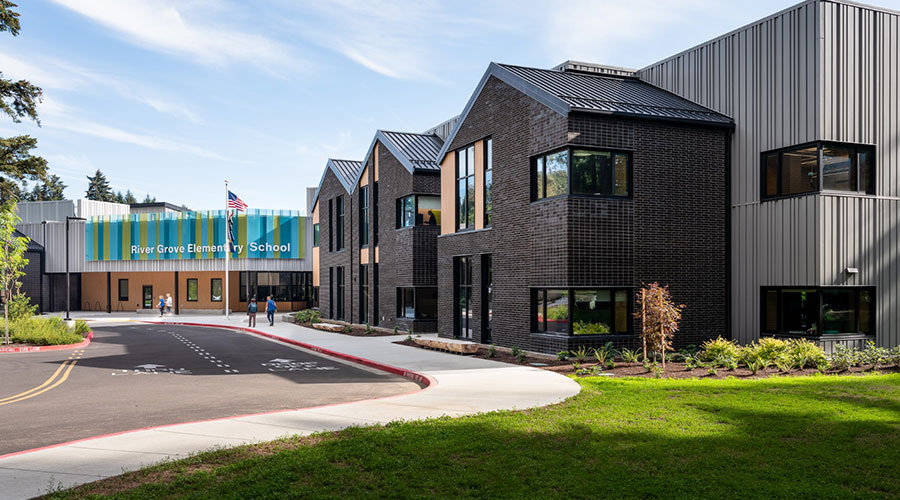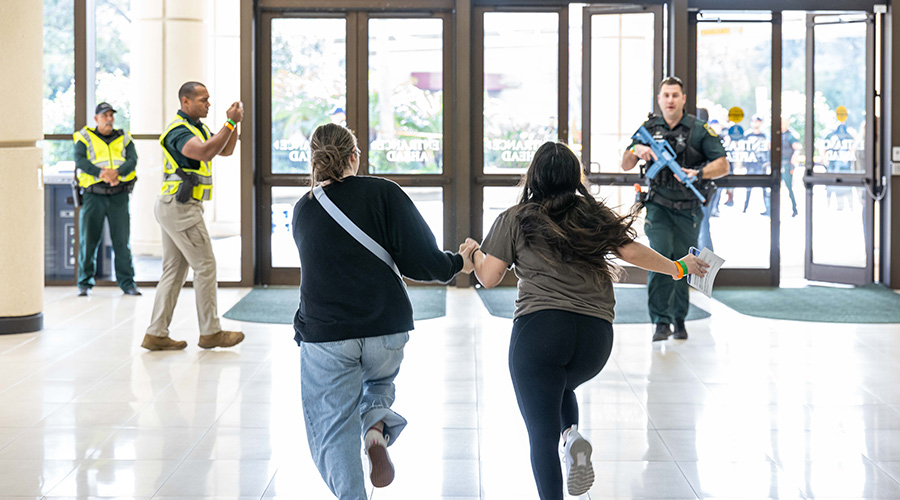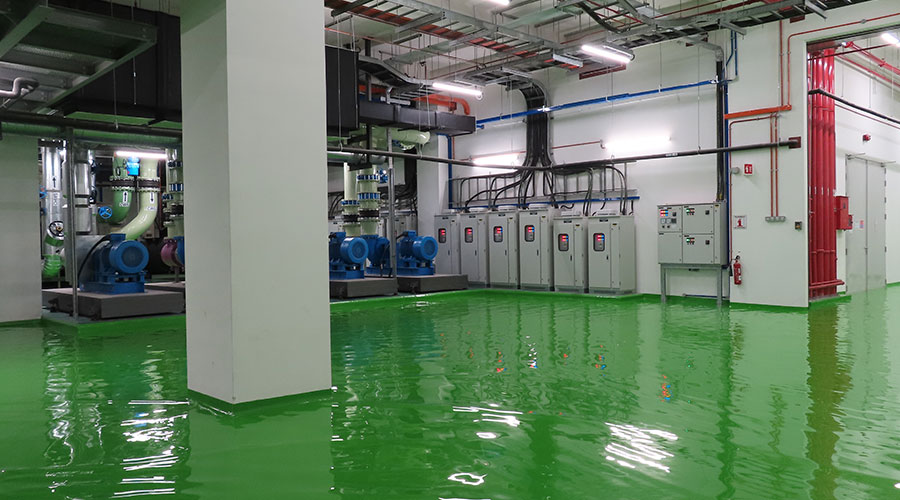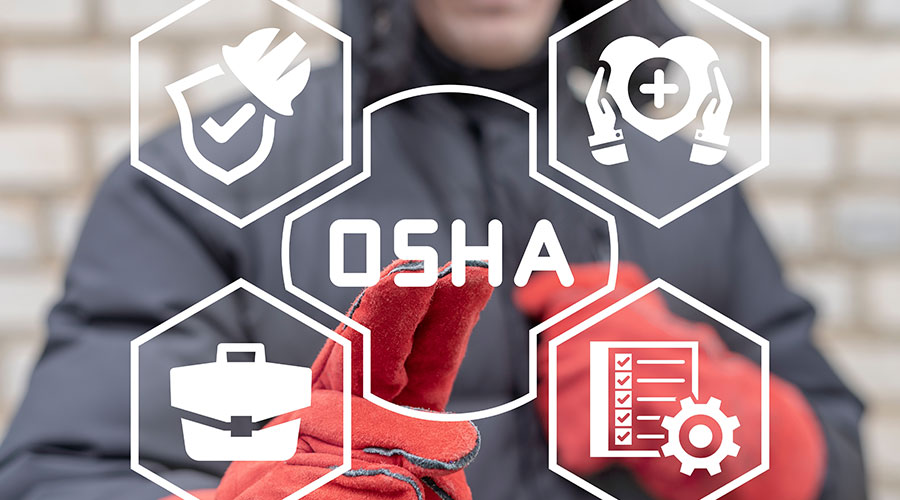Why Facilities Need to Perform Emergency Drills
Performing safety drills have proven to be effective in emergency situations.
“In case of an emergency, please locate your nearest exits.” Everyone knows the phrase. It has become commonplace in American society. It’s said before the movie starts in theaters, on roller coasters and even before a musical act takes the stage. It’s been said so often that it’s almost easy to tune out at this point, but there’s a reason why it keeps being repeated – it can save lives.
The Orange County Convention Center (OCCC) located in Orlando, Florida, recently became the first convention center in the United States to conduct a large-scale safety exercise. The convention center partnered with the Cybersecurity and Infrastructure Security Agency (CISA), the Orange County Fire Rescue, and the Orange County Sheriff's Office to test its emergency response plans to a coordinated attack against the facility.
“The safety and security of our guests and staff is our priority,” says Mark Tester, executive director of the OCCC. “Hosting over 1.5 million attendees annually, we have to be prepared for any emergency scenario on any given day.”
The exercise involved multiple simulated incidents, allowing professionals to assess core capabilities, including on-scene security and protection, mass care services, situational assessment, public information and operational coordination, Tester says.
“I believe it is important to have a proactive approach that ensures we are not just reacting to potential threats, but actively strengthening our preparedness efforts,” he adds. “The OCCC has always prioritized creating a safe and secure environment for our guests. In recent years, as technology advances and our resources expand, the OCCC remains diligent in strengthening its security protocols, tools and efforts.”
The convention center plays an essential role in hosting large-scale events each year. From facility sanitization to guest safety, the facility department works closely with internal teams and external partners to stay ahead of potential threats, hazards and policy changes that may impact clients and visitors. The 90-minute training exercise helps ensure safety protocols for those who host and attend events at the convention center for years to come.
“Future-proofing our safety practices requires ongoing collaboration and adaptability,” Tester says. “By utilizing advanced security measures, like conducting the full-scale exercise with CISA, we are able to maintain strong partnerships with federal, state and local law enforcement and emergency responders ensuring our protocols evolve. Effective communication and continuous training are key to keeping our guests, employees and stakeholders safe now and in the future.”
Adhering to safety procedures isn’t just limited to once-a-year exercises, though. The convention center regularly refines its training programs to stay ahead of evolving security challenges, creating a well-prepared team that is capable of responding swiftly and effectively to any situation. The OCCC also uses an “all hands-on deck” approach when it comes to safety, meaning that all employees and contractors are trained to serve as a resource. This allows for a seamless guest experience by integrating safety measures in a way that feels natural and non-disruptive. In addition, signage is strategically placed so guests remain informed without feeling overwhelmed.
“Through continuous preparation, training and education, we create an environment where security measures operate efficiently in the background, allowing events to run smoothly while ensuring swift, coordinated responses if needed,” Tester says. “We emphasize situational awareness, effective communication and coordinated response strategies to ensure every team member knows their role in maintaining guest safety. Additionally, we maintain strong partnerships with connected hotels and media outlets to enhance communication and ensure that guests across the district receive timely updates.”
To measure the effectiveness of the trainings and drills, the OCCC receives evaluations from clients, partners, staff and security personnel. The feedback allows for the convention center to refine procedures and identify any areas for improvement. Having high expectations for improvement is key to the facility’s goal of maintaining safety standards. If the team’s response isn’t swift, coordinated or effective, lives could be at risk.
Proactive, not reactive
Safety isn’t just a priority – it’s a responsibility. With this mindset, the center performs routine risk assessments that identify potential threats within the facility. The team also collaborates closely with local, state and federal agencies to stay on top of emerging risks and utilize real-time surveillance and intelligence sharing networks to identify vulnerabilities before they become actual issues.
By integrating proactive measures, the facility is able to mitigate risks while creating a safe and seamless environment where events can thrive without disruption.
“As a leader in the industry, we continuously enhance our security measures, integrating advanced technology, proactive risk assessments and collaborative partnerships to ensure a secure environment for our guests and clients,” Tester says. “By taking a forward-thinking approach, we’ve set a standard for what comprehensive security can look like in a large-scale venue. Our commitment to preparedness and innovation allows us to host world-class events with confidence – ensuring that safety and guest experience go hand in hand.”
The convention center also takes pride in its communication efforts, believing that it is at the heart of any crisis response strategy. With this, the facility has integrated real-time digital communication tools through its security command center that connects internal teams with external responders, ensuring fast and accurate coordination.
Along with training and collaboration, cutting-edge technology has played a large role in ensuring the safety of the convention center. The facility utilizes advanced surveillance systems and real-time monitoring, as well as digital communication tools that streamline emergency responses. The OCCC has also partnered with the Exhibition Services and Contractors Association (ESCA) to enhance security and safety around the building through ESCA badges which allow entry into buildings and rooms for authorized individuals.
Mackenna Moralez is the associate editor of the facilities market and the host of the Facilities in Focus podcast.
Related Topics:













